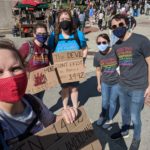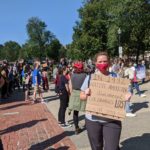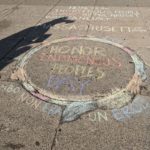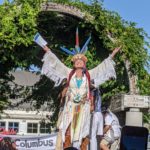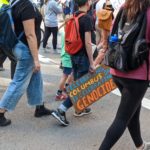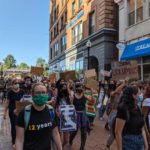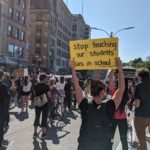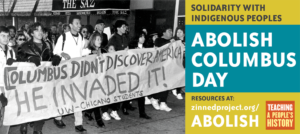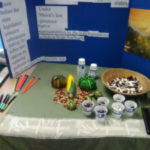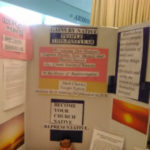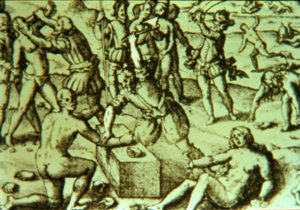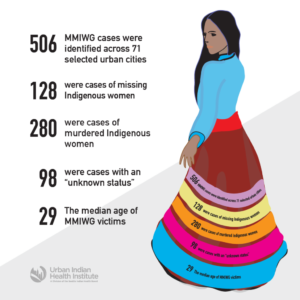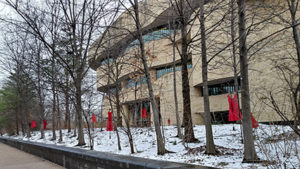By Kenny Jahng
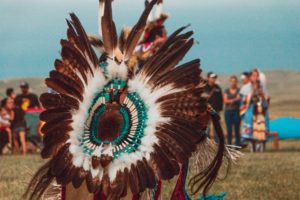
History can be a tricky thing. By studying it, though, we can learn much about humanity and about ourselves. In the Bible, we can encounter many different cultures and lifestyles to which the word of God was carried. Even in the book of Acts, the word of God spread throughout the New England region across cultures, ethnicities, and languages. Many of us might not know very much when it comes to discussing Native American Ministries Sunday, a Special Sunday in May. But, the important thing to understand is that we can choose a different path than that which our history depicts with the Native American People. The United Methodist Church, Native and non-Native, are working together to create a new history. One that respects the culture, and loves God.
The New History
Dr. Richard Twiss, a member of the Sicangu Lakota Oyate from the Rosebud Sioux Reservation in South Dakota, asked: “Will we be allowed to develop new ways of doing church that honor God’s purposes for the creative expression of our cultures? Will new ministry partnerships and coalitions form? Will you help be apart of this wonderful process of reconciliation, restoration and release?” On Native American Ministries Sunday, we have the opportunity to respond to Dr. Twiss’ questions with a resounding YES! This is a Special Sunday where our generosity as a church equips and empowers Native American pastors, congregations and seminary students to do what only they can do: authentically worship and serve Jesus.
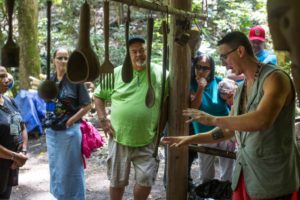
Informed by History, and Choosing to Give
It’s true. We do have a complicated history with the Native American people. And today it is still painful for many. In all honesty, many Native American communities have been marginalized, live in extreme poverty and have lost the land they were forced to live on. High school graduation rates and quality of housing falls much lower than the national average in Native American communities. How do we, informed by history and called by Christ, offer them living hope? We do it by pouring into the Native American pastors, congregations, and seminary students who need resources to strengthen their skills to equip their congregations to be agents of transformation in their local communities. And that is what we do, together, on Native American Ministries Sunday. Join us by giving generously on Native American Ministries Sunday. Join us as we say yes.
